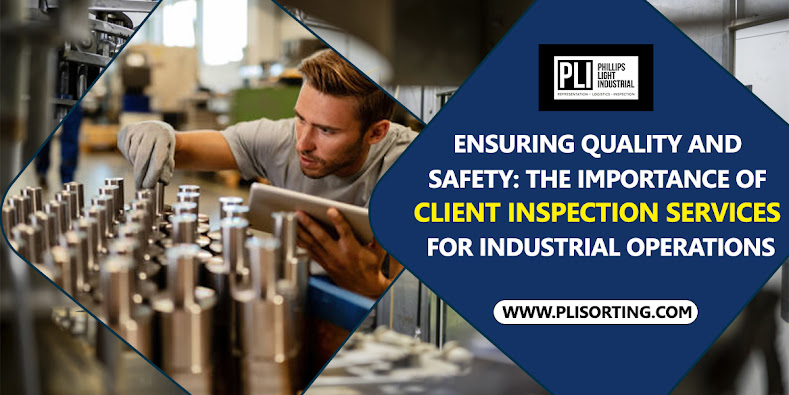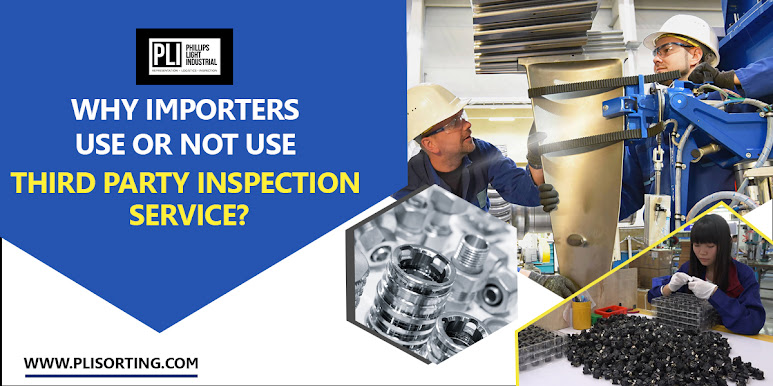What Does A Parts Inspector Do?
Identifying Objects, Actions, and Events
Identifying objects, actions and events is no small feat. The task is made even more daunting by the fact that it is often a matter of chance. Luckily, we have a tool to help us: Parts. Using this tool will allow you to identify the big, bad, and small in a nutshell. With that in hand, you can move on to the next item on your to-do list. It also allows you to take stock of the items in your project inventory, and to determine what items need more attention than others. Using a tool like this can make your programming life much less tedious, and much more rewarding.
Also, read about How Quality Control Inspections Works?
Verifying That Parts Fit, Move Correctly
A parts inspector is a person who checks the vehicle's components, including the suspension and transmission, and makes sure they operate in a reliable way. This individual is trained to perform hand gauges and check for missing or broken parts. He then fills out paperwork and reports the problem to the supervisor. If the problem is found, the inspector will make recommendations for repairs.
Most quality control inspection services are experienced in the manufacturing process, and have a thorough understanding of the company's products. Some of the tests they may perform include testing liquid levels, gas pressure, and electricity flow. Generally, they will perform these tests only if they are included on the inspection checklist. However, if they perform them erroneously, the results may not be accurate.
Communicating With Supervisors, Peers, And Subordinates
As a parts inspector, you are likely to be exposed to a wide range of communication styles. Depending on the facility, you might be working under the guidance of a senior operator or in a highly supervised environment. Aside from the standard daily duties, your duties may include helping debarging parts, operating equipment in the field and delivering quality products to the customer. Getting your hands dirty in a manufacturing setting might include operating a forklift and performing routine equipment maintenance to ensure product quality and productivity. Regardless of your role, you will have to communicate with your boss and co-workers.
Using PLI Sorting, they can ensure that all of the parts are properly tested. They can offer for improving the production process, and are responsible for ensuring that the products meet certain quality standards.
Resource URL: https://bit.ly/3H1zJwY




Comments
Post a Comment